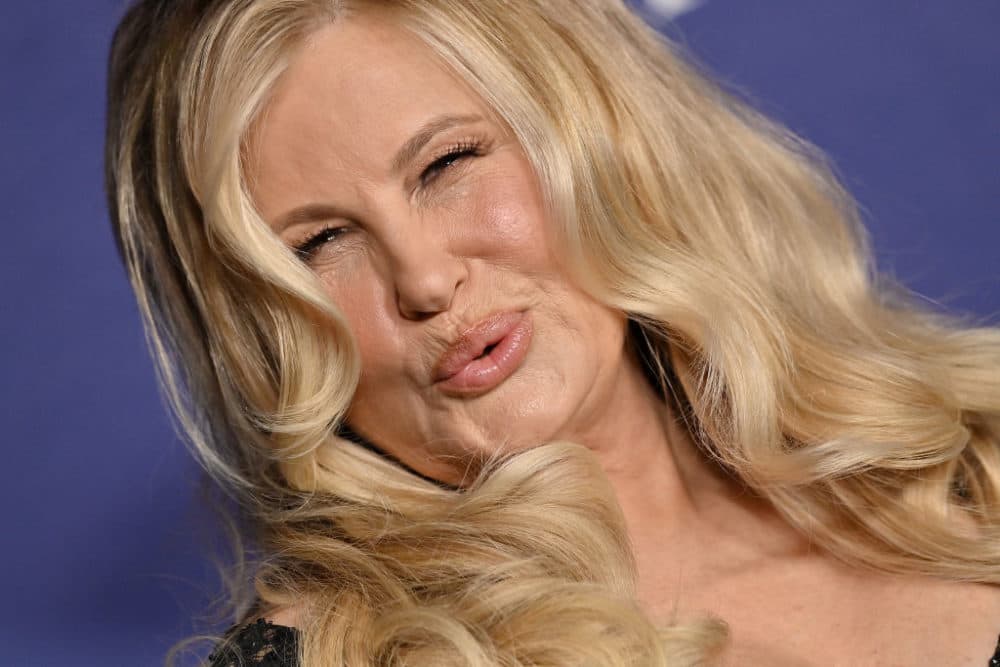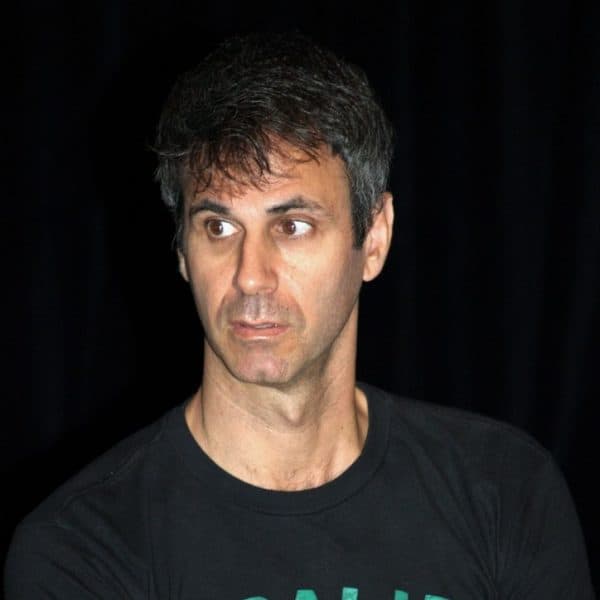Advertisement
Commentary
The men in 'White Lotus' are easy marks, but they still hold nearly all the power

I avoided watching the first season of “The White Lotus” for months, because I had a feeling it would be the sort of show where I hated nearly all the characters and, eventually, started to hate myself for watching.
It was precisely that kind of show, full of pampered Americans festering away in the lap of luxury, people towards whom I could feel morally superior while also secretly coveting their ocean view. The first season offered a jagged examination of class and family dysfunction, along with an intricate plot, which barreled toward a lethal climax. Welcome to One Percent Noir.
I recognized that any resistance to the second season would be futile, in particular because this time around, writer/director Mike White has fixed his gimlet eye on gender relations, in particular the kind of chronic chauvinism we call toxic masculinity.
This is the kind of show in which more than 50% of the male characters have sex with prostitutes, with no substantial injury to their liberty or marital status.
What the show does manage to capture, in fleeting moments, is the sorrow and solitude lurking beneath all the male predation.
The setting is Sicily, awash in operatic music, oceanic swells and ominous commedia dell’arte works and of course the ubiquitous Testa de Moros. The Italian-American trio of grandfather Bert (F. Murray Abraham), father Dominic (Michael Imperioli) and son Albie (Adam DiMarco) decide to visit the home where a portion of “The Godfather” was filmed, now converted into a tourist trap.
The older men praise “The Godfather” as the pinnacle of American cinema. Albie, recently graduated from Stanford, will have none of it. “You’re nostalgic for the salad days of the patriarchy,” he says.
Men love ‘The Godfather’ because they feel emasculated by modern society. It’s a fantasy about a time when they could go out and solve all their problems with violence and sleep with every woman and then come home to their wife, who doesn’t ask them any questions and makes them pasta.
Worth noting: Albie is one of the dudes who sleeps with a sex worker, though he’s naïve enough to believe their connection is romantic, not financial.
What the show does manage to capture, in fleeting moments, is the sorrow and solitude lurking beneath all the male predation. “I feel sorry for men, you know,” Daphne (Meghann Fahy) says to Harper (Aubrey Plaza). “They think they’re out there doing something really important, but really they’re just wandering alone.”
As much as I’d love to push back on this assessment, I can’t entirely. Even those men who have sought to understand and undo the way boys and men are socialized are still struggling to find friendship and intimacy.
I see it in myself, and my own loose-knit collection of male friends. We reach out to one another, but it often feels as if we’re yelling from different islands, offering earnest hang-in-theres before we’re dragged back to the hurly burly of our lives. The emotional labor of being vulnerable to my partner and children continues to confound me. There’s some core part of me that knows Daphne—whatever her delusions—has my number.
It’s made me think about the ways I experience my own life as disappointing and sad, which is more than I can say for most binge-fodder.
I don’t mean to suggest that men are some special class of victim. Part of the point of a show like “White Lotus” is that men who can’t experience true intimacy tend to inflict their misery on the women around them.
The animating force of Trumpism, once you strip away the racial scapegoating, is wounded masculinity. When demagogues speak about making America great again, what they’re really talking about is going back to a time where “men could solve all their problems with violence and sleep with every woman.” Or at least grab them by the … you know.
Having bombed through the final episode of “White Lotus” last night, I can report —without spoiler alerts — that at least a few people get what’s coming to them. Lucia and Mia, the two prostitutes, triumph in the end, at least in the short term, with money and no delusions about who they are. Even the nicest of the men, Albie, winds up getting played. It’s a lovely little dose of karma that does nothing to undo the underlying power dynamics. In White’s world, and ours, men are easy marks who still hold nearly all the power.
The show remains expertly written and sumptuously filmed. It’s made me think about the ways I experience my own life as disappointing and sad, which is more than I can say for most binge-fodder.
Still, if a third season came out next month, I wouldn’t watch it. The whole arrangement of hate-watching cretins to avoid my own cretinism feels decadent and played out. I plan to talk with my male friends about this, too. Maybe we’ll make a pledge to abstain together, or gather to discuss something that isn’t sports or politics. Hopefully, we can keep each other honest.
